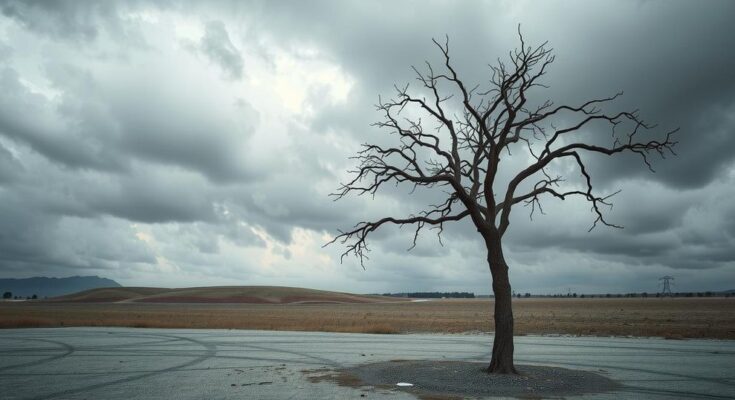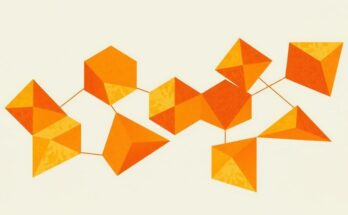The UN human rights chief warns of worsening violence in eastern DRC due to the M23 insurgency supported by Rwanda. Nearly 3,000 deaths and 2,880 injuries have occurred since late January amid targeted assaults in populated areas. The international community is urged to intervene as the humanitarian situation deteriorates and reports of sexual violence rise.
The UN human rights chief, Volker Türk, has raised alarming concerns regarding the intensifying violence in eastern Democratic Republic of the Congo (DRC), attributed to the ongoing offensive by the Rwanda-backed M23 group. Speaking at a Special Session of the Human Rights Council, he cautioned that without international intervention, the situation could deteriorate further, impacting not only the eastern DRC but also neighboring regions.
Since late January, the M23 offensive has led to nearly 3,000 fatalities and around 2,880 injuries due to aggressive assaults employing heavy weaponry in densely populated areas. The violence has compounded the instability within this mineral-rich region, prompting hundreds of thousands to flee their homes as armed conflicts continue unabated.
High Commissioner Türk highlighted recent atrocities, including the bombing of hospitals in Goma that resulted in numerous casualties and a horrific mass prison break where at least 165 female inmates were raped and killed in suspicious circumstances. He condemned the worsening prevalence of sexual violence, which has long plagued the region’s conflicts, warning that it is likely to escalate given the current circumstances.
Bintou Keita, the Special Representative of the UN Secretary-General in the DRC, echoed these concerns, describing the situation in Goma, now under M23 control, as catastrophic. She noted ongoing forced recruitments among youth and the heightened risks faced by human rights advocates and journalists, calling for immediate humanitarian access to assist affected populations.
Responses from the DRC government condemned international support for M23, particularly from Rwanda, which they claim has exacerbated violence in the region for decades driven by the exploitation of its mineral resources. Conversely, Rwandan officials have asserted that there are imminent threats from armed groups based in DRC targeting Rwanda, contributing to the ongoing tensions.
In light of this complex situation, Mr. Türk emphasized the global implications of the conflict, stating that the plight of the eastern DRC population is severe while resources from the region are necessary for many products consumed worldwide. He advocated for an enhanced understanding of the political and economic dynamics at play, reflecting the interconnectedness of these issues.
The Democratic Republic of the Congo has a long history of conflict linked to its vast mineral wealth, which has attracted both local and foreign armed groups, including the M23. This latest resurgence of violence is particularly concerning as it exacerbates already dire humanitarian conditions. The involvement of Rwanda adds a complex layer, with accusations of military support complicating international relations and efforts to stabilize the region. The UN’s focus on human rights violations has intensified, highlighting the desperate need for international intervention before the situation worsens.
The ongoing crisis in eastern DRC highlights the urgent need for international action to address the escalating violence, protect human rights, and facilitate humanitarian access. The involvement of external parties, such as Rwanda, complicates the conflict and risks further instability. As the plight of local populations deepens, there is a pressing call for greater global awareness and engagement to resolve the underlying issues and prevent further atrocities.
Original Source: news.un.org




